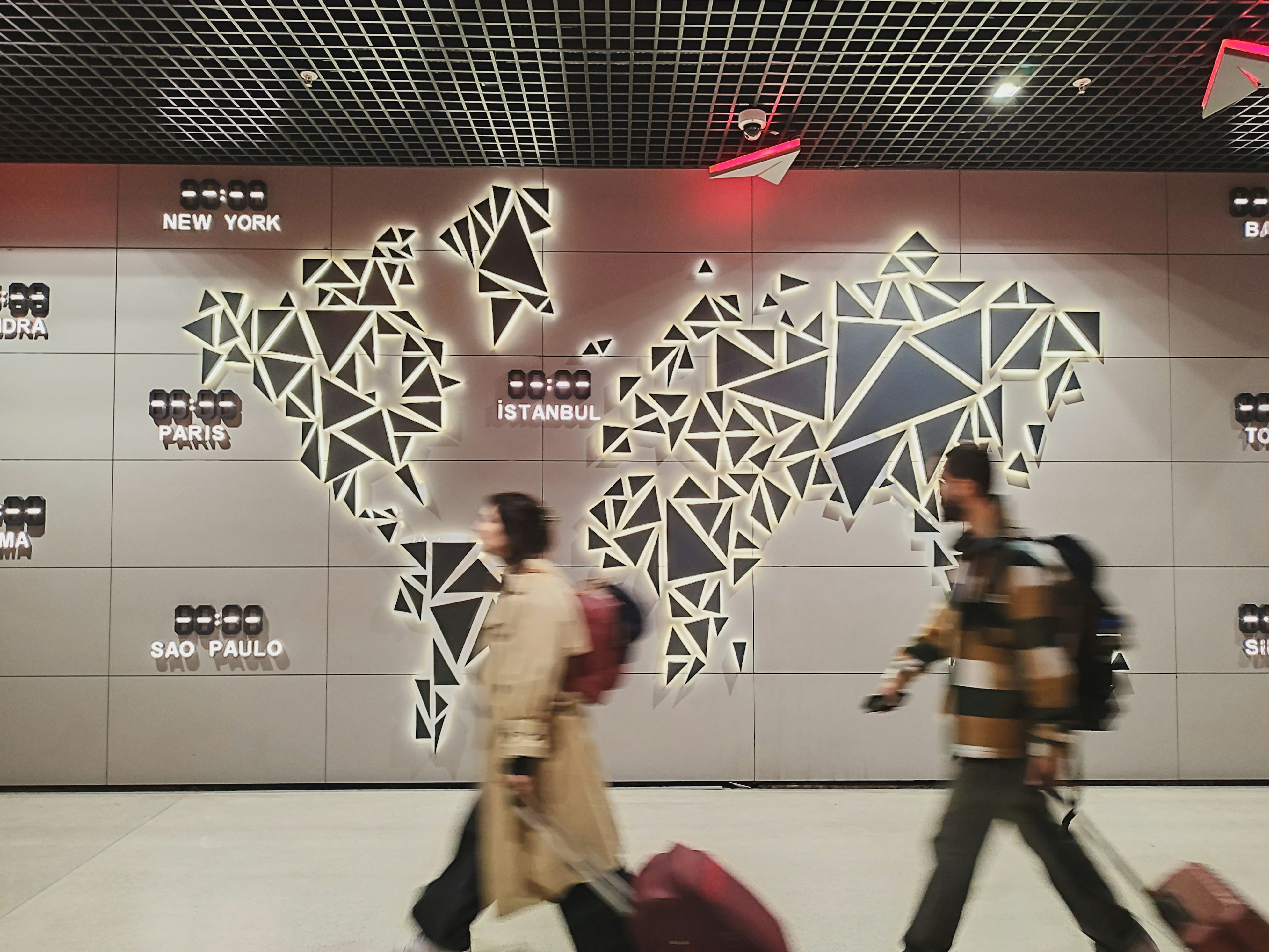October 23, 2025
Learn how to overcome travel anxiety with proven tips, mindful planning, and support for anxiety, ADHD and other conditions.

Travel anxiety is more than just the jitters before a trip — it’s a powerful form of worry or fear triggered by change in routine, unfamiliar surroundings, loss of control, and stepping outside one’s comfort zone. According to clinicians, travel-induced anxiety often stems from the unpredictability of travel logistics, unfamiliar environments, sensory overload, and past negative travel experiences.
While occasional nerves are normal, when travel begins to interfere with your ability to enjoy the journey or causes physical symptoms (racing heart, nausea, avoidance of trips), it’s time to take active steps on how to overcome travel anxiety.
One of the biggest triggers of travel anxiety is uncertainty: flight delays, lost luggage, unfamiliar transport systems, or being far from home support systems. Experts note that this fear of the unknown is a major factor.
A past traumatic travel event — e.g., turbulence, a missed connection, illness overseas — can prime your nervous system to anticipate similar problems, even subconsciously.
For many people, especially those with underlying mental-health conditions like ADHD, anxiety disorders, OCD, or BPD, travel amplifies stress. For example, disrupted routines trigger ADHD symptoms, crowded airports can overwhelm someone with high sensory sensitivity, and uncertainty challenges those prone to obsessive worry. Recognizing how travel anxiety intersects with broader mental-health conditions is key to coping effectively.
Creating a realistic path helps reduce anxiety. Research your destination, create a packing checklist, allow extra buffer time between connections, and plan familiar comfort items.
Ask yourself: What makes me anxious when I travel? Is it flying, changing time zones, being away from home, unfamiliar food, or navigating foreign transit? Identifying triggers gives you targeted coping strategies.
Before you leave: practice breathing exercises, mindfulness, or grounding methods (such as the 5-4-3-2-1 sensory technique) to help your nervous system regulate. These tools will ease you into the trip rather than letting anxiety take over.
Pack items that bring comfort: a favorite tea, noise-canceling headphones, familiar snacks, a blanket, and a few simple grounding tools (e.g., a small fidget object, a book). These help anchor you when travel becomes overstimulating.
Travel often disrupts your usual rhythms—meal times, sleep schedule, personal rituals. Accepting this disruption and planning for rest time helps minimize the stress of “everything must be perfect.”
When you feel anxiety rising (racing thoughts, shortness of breath, heart palpitations) pause and practice a simple grounding exercise: identify 5 things you can see, 4 things you can touch, 3 sounds you hear, 2 smells, and 1 taste. Then breathe slowly: inhale for 4 counts, hold for 2, exhale for 6. This helps shift your system out of fight/flight.
Travel can feel isolating. Maintain contact with trusted friends or family, share your itinerary, check in during transit, and when possible, travel with someone you trust. Talking through worries reduces their power.
Avoid overscheduling. Leave “buffer” hours for downtime, expect delays, and let yourself rest when needed. Simplifying your itinerary reduces the pressure and helps your nervous system stay calmer.
Poor sleep, skipped meals, and lack of movement all heighten anxiety. Prioritize rest, eat familiar foods or snacks you trust, and move your body: gentle stretches in transit, a walk outdoors when you arrive. These basics matter.
If your travel anxiety becomes so intense that you cancel trips, avoid certain modes of transport, or experience panic attacks, consider professional support. Many anxiety disorders (or comorbid conditions like OCD, BPD, or eating disorders) may amplify travel stress and respond well to therapy.
People with underlying anxiety disorders or depression may find travel acts as a stress amplifier. The anticipation of leaving home, a change in routine, or an unfamiliar environment can trigger anxious rumination or depressive feelings of isolation. Recognizing the overlap helps tailor your coping strategies.
If you have ADHD, travel may disrupt your executive function (planning, organizing) and increase overwhelm. For OCD, leaving routine may trigger intrusive thoughts; strategies like scripting or grounding help. For those with eating disorders, travel disrupts eating schedules and familiar food access — planning meals and snacks ahead is critical.
Individuals with BPD may find travel triggers fears of abandonment or identity loss when away from their home environment. For those in the psychosis spectrum, travel may disrupt sensory or perceptual stability. Acknowledging these vulnerabilities helps in preparing for travel with extra safeguards (medication, routine continuity, support persons).
Imagine Sarah, who has moderate generalized anxiety and mild ADHD. She finds airports and crowds overstimulating and is worried when traveling internationally. Applying the above steps:
At Integrative Psych, our team of clinical experts located in Chelsea, NYC and Miami offers personalized services for individuals experiencing travel anxiety, anxiety disorders, ADHD, OCD, depression, eating disorders, and related conditions. Our integrative approach combines psychotherapy, mindfulness-based interventions, CBT, behavioral planning, and coordination with medical/psychiatric care. If traveling triggers more than mild nerves, and if you also face comorbid mental-health concerns, we invite you to learn more about our team and schedule a consultation to help you reclaim the joy of travel.

We're now accepting new patients
